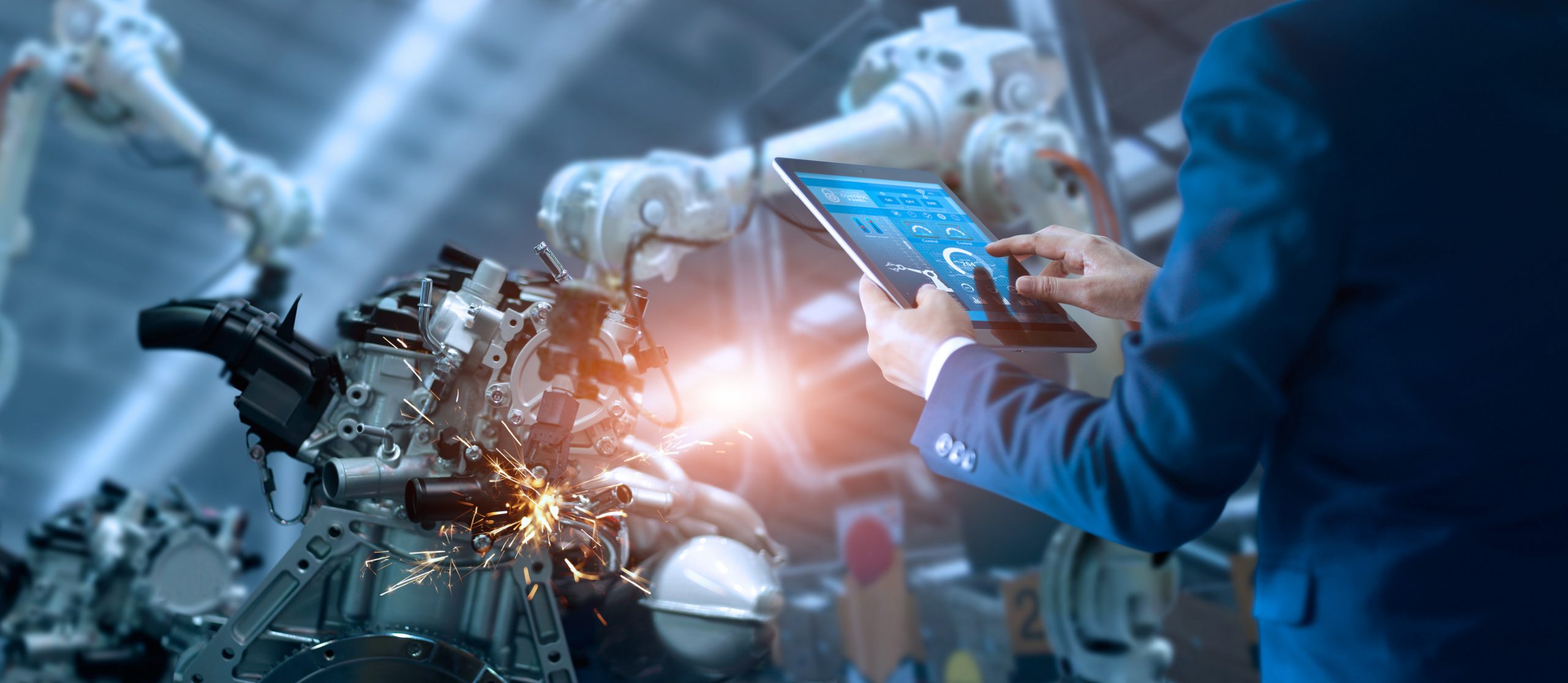Revolutionizing the Future of Industry
Introduction:
In today’s rapidly advancing technological landscape, the concept of smart manufacturing has emerged as a groundbreaking paradigm that holds immense potential to transform the industrial sector. This innovative approach to production integrates cutting-edge technologies such as the Internet of Things (IoT), artificial intelligence (AI), big data analytics, and automation to optimize manufacturing processes, enhance productivity, and create intelligent, data-driven factories. In this blog, we will delve into the world of smart manufacturing, understanding its key components, benefits, and the revolutionary impact it has on various industries.
Understanding Smart Manufacturing:
At its core, smart manufacturing refers to the implementation of intelligent systems and technologies to enable more efficient and agile production processes. It goes beyond traditional manufacturing methods by leveraging advanced digital technologies to create interconnected systems that facilitate real-time data exchange, predictive analytics, and adaptive decision-making. Smart manufacturing encompasses a range of technologies, including robotics, cloud computing, additive manufacturing, and cyber-physical systems, all working together to revolutionize industrial operations.
Key Components of Smart Manufacturing:
a) Internet of Things (IoT): IoT plays a pivotal role in smart manufacturing by connecting various devices, machines, and sensors to form a network of interconnected components. This enables the seamless exchange of data, remote monitoring, predictive maintenance, and real-time decision-making.
b) Artificial Intelligence (AI) and Machine Learning (ML): AI and ML algorithms are utilized to analyze vast amounts of data generated by sensors, machines, and production processes. By leveraging AI, manufacturers can optimize production, detect anomalies, predict maintenance issues, and enhance overall efficiency.
c) Big Data Analytics: Smart manufacturing generates massive volumes of data, and leveraging big data analytics helps extract valuable insights. Analyzing this data helps in identifying patterns, optimizing processes, and making data-driven decisions to improve productivity, quality, and customer satisfaction.
d) Automation and Robotics: Smart manufacturing integrates automation and robotics to streamline production processes, increase accuracy, and reduce human error. Robots can perform repetitive tasks with precision and work collaboratively with human workers, resulting in enhanced productivity and safety.
Benefits of Smart Manufacturing:
The adoption of smart manufacturing brings several significant benefits to industries, including:
a) Increased Efficiency: By integrating technologies and optimizing production processes, smart manufacturing significantly improves operational efficiency, reducing waste, and enhancing resource utilization.
b) Enhanced Product Quality: Real-time monitoring, predictive analytics, and quality control mechanisms ensure higher product quality, minimizing defects and customer dissatisfaction.
c) Cost Reduction: Automation and optimization lead to cost savings by minimizing labor requirements, reducing downtime, and optimizing energy consumption.
d) Flexibility and Adaptability: Smart manufacturing enables the rapid adaptation of production processes to meet changing market demands, allowing manufacturers to respond quickly and efficiently.
e) Improved Safety: With automated systems and robotics taking over hazardous tasks, smart manufacturing creates safer working environments for employees, minimizing the risk of accidents.
Impact on Industries:
Smart manufacturing is transforming various industries, including automotive, aerospace, electronics, pharmaceuticals, and consumer goods. For example, in automotive manufacturing, smart factories utilize real-time data analytics to optimize supply chain management, improve assembly line efficiency, and facilitate predictive maintenance.
In aerospace, smart manufacturing enables the creation of lightweight, high-performance components using advanced additive manufacturing techniques. The integration of IoT and AI in pharmaceutical manufacturing ensures strict compliance with regulations, reduces errors, and enhances product traceability.
Conclusion:
Smart manufacturing is a game-changer in the industrial sector, enabling the creation of intelligent, data-driven factories. By harnessing the power of IoT, AI, big data analytics, and automation, manufacturers can enhance efficiency, quality, and safety while reducing costs and improving customer satisfaction. As smart manufacturing continues to evolve, it promises to shape the

